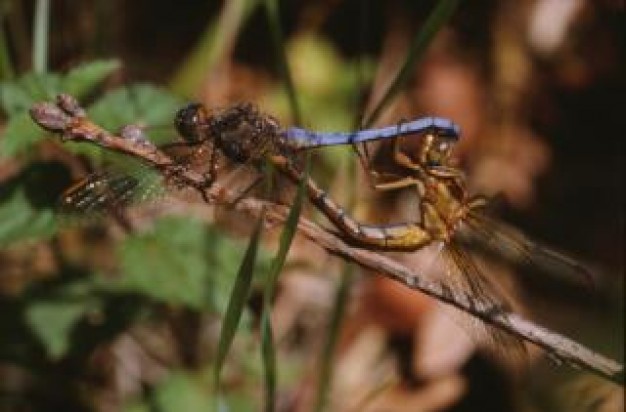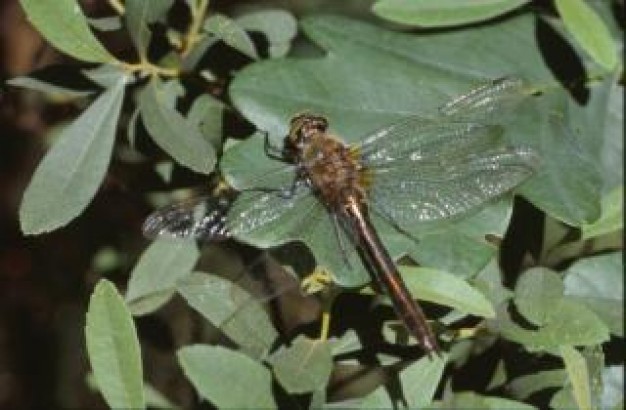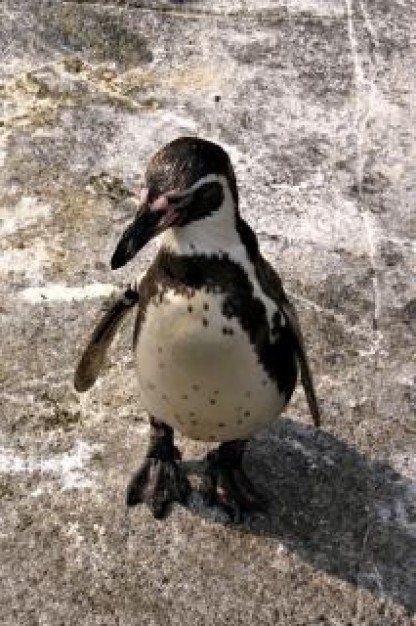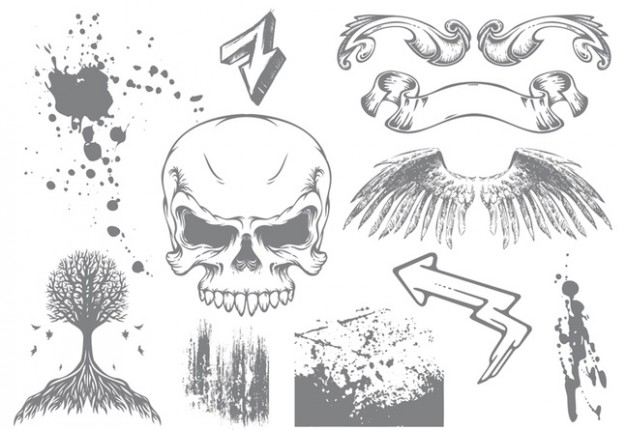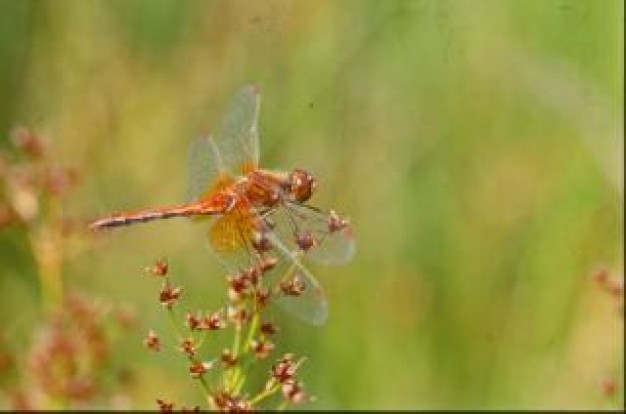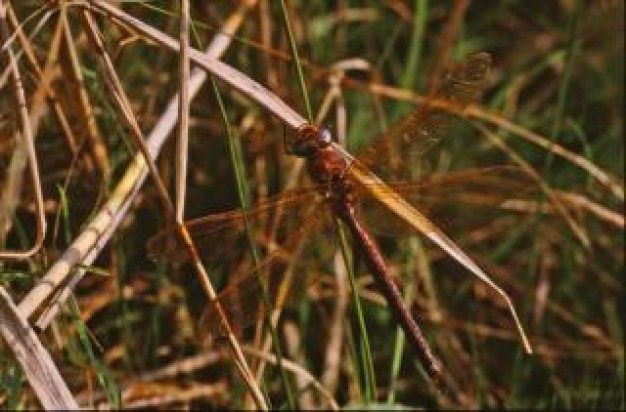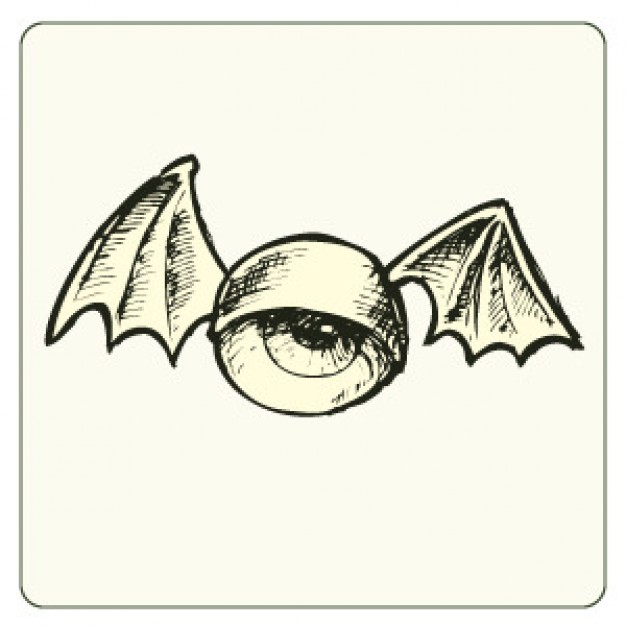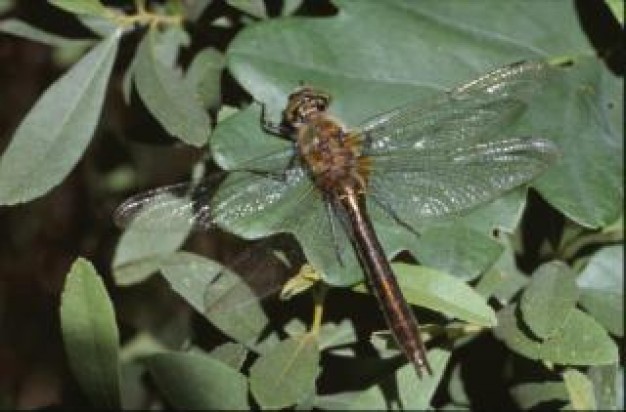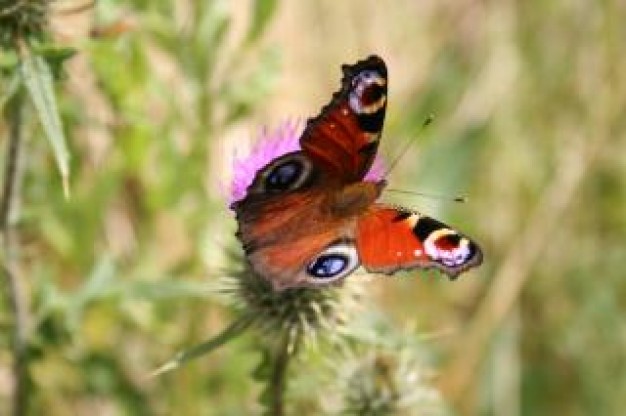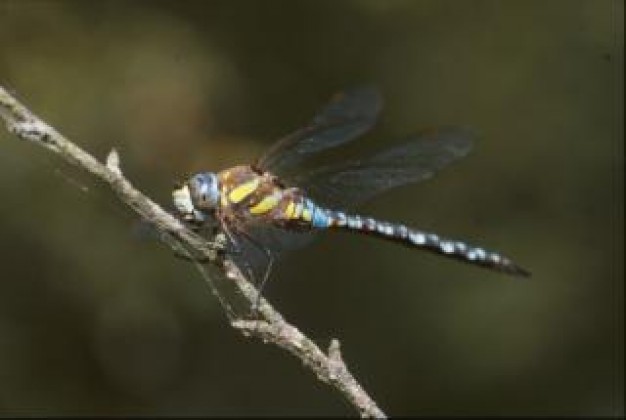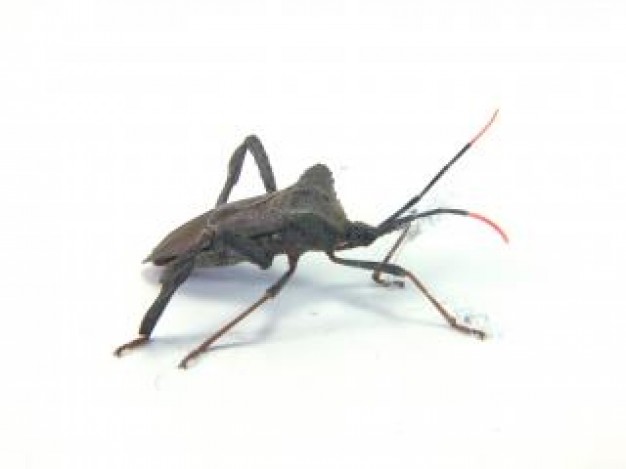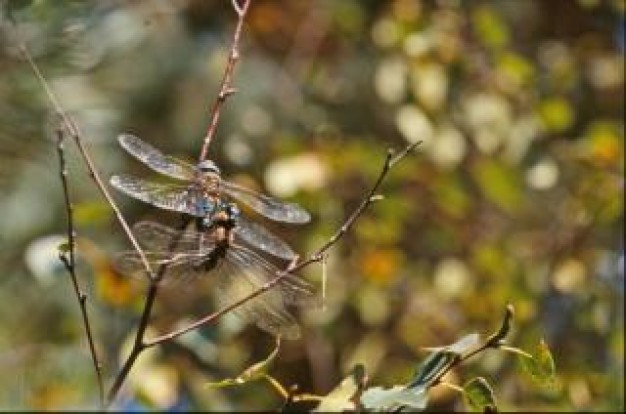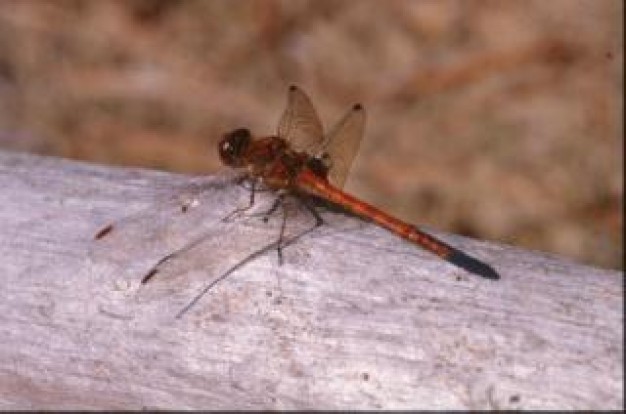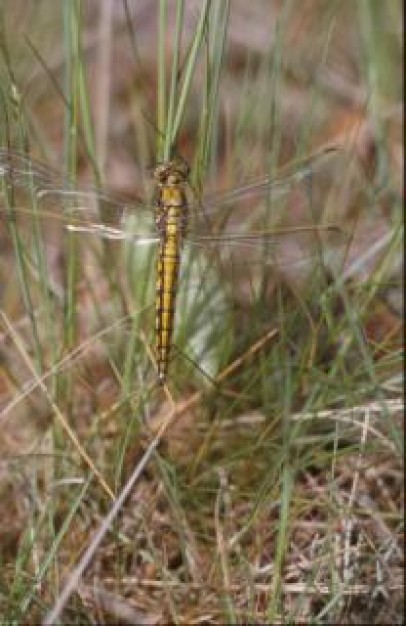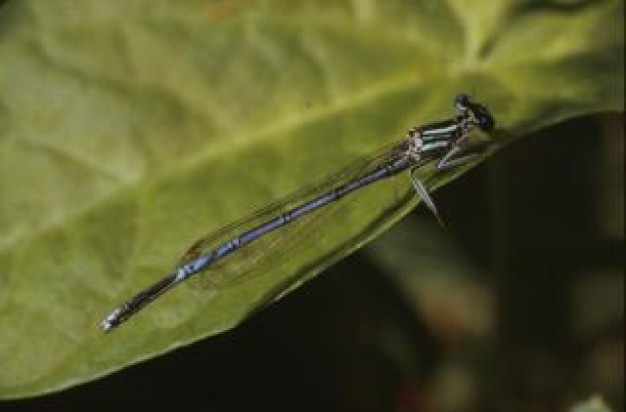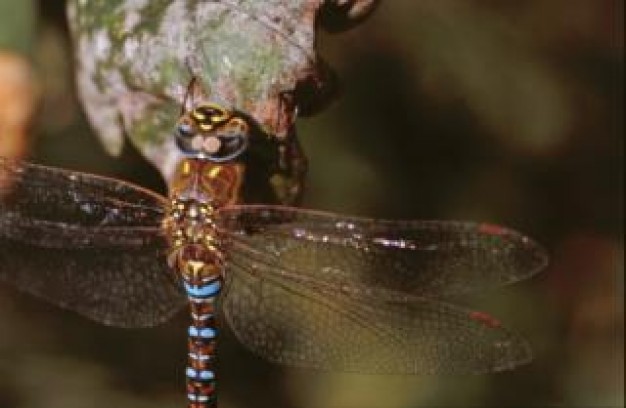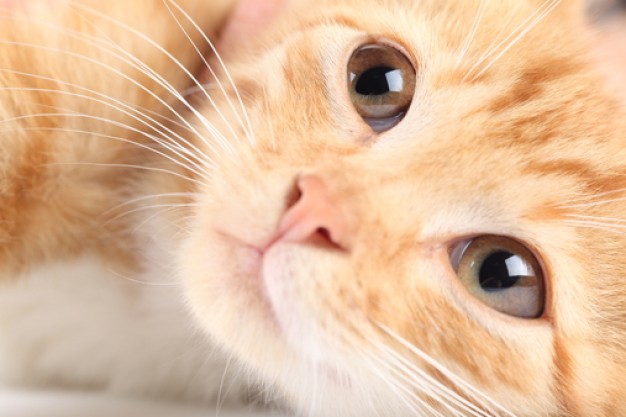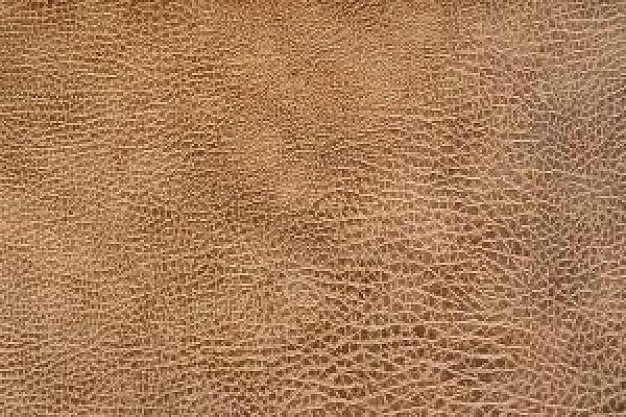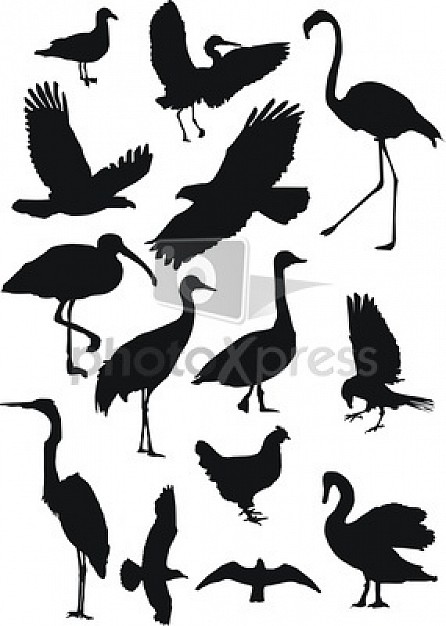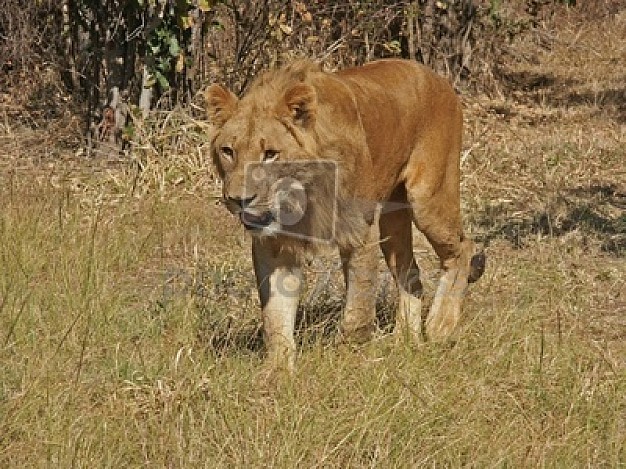Insect wiki:
ass: ApterygotaOrdersArchaeognatha (Bristletails)Thysanura (Silverfish)Monura - extinct Subclass: PterygotaInfraclass: "Paleoptera" (paraphyletic)OrdersEphemeroptera (mayflies)Protodonata - extinctOdonata (dragonflies and damselflies)Diaphanopteroidea - extinctPalaeodictyoptera - extinctMegasecoptera - extinctArchodonata - extinctInfraclass: NeopteraOrdersBlattodea (cockroaches)Isoptera (termites)Mantodea (mantids)Dermaptera (earwigs)Plecoptera (stoneflies)Protorthoptera - extinctOrthoptera (grasshoppers, etc)Phasmatodea (walking sticks)Caloneroptera - extinctTitanoptera - extinctEmbioptera (webspinners)ZorapteraGrylloblattodeaMantophasmatodea (gladiators)Superorder: ExopterygotaOrdersPsocoptera (booklice, barklice)Thysanoptera (thrips)Phthiraptera (lice)Hemiptera (true bugs)Superorder: EndopterygotaOrdersRaphidioptera (snakeflies)Megaloptera (alderflies, etc.)Neuroptera (net-veined insects)Coleoptera (beetles)Strepsiptera (twisted-winged parasites)Mecoptera (scorpionflies, etc.)Siphonaptera (fleas)Diptera (true flies)Trichoptera (caddisflies)Lepidoptera (butterflies, moths)Hymenoptera (ants, bees, etc.)Protodiptera extinctIncertae sedisGlosselytrodea extinctMiomoptera - extinct Insects are invertebrate animals of the Class Insecta, the largest and (on land) most widely distributed taxon within the Phylum Arthropoda. Insects comprise the most diverse group of animals on the earth, with over 800,000 species describedâmore than all other animal groups combined: "Indeed, in no one of her works has Nature more fully displayed her exhaustless ingenuity," Pliny exclaimed. Insects may be found in nearly all environments on the planet, although only a small number of species have adapted to life in the oceans where crustaceans tend to predominate. There are approximately 5,000 dragonfly species, 2,000 praying mantis, 20,000 grasshopper, 170,000 butterfly and moth, 120,000 fly, 82,000 true bug, 350,000 beetle, and 110,000 bee and ant species. Estimates of the total number of current species, including those not yet known to science, range from two to thirty million, with most authorities favouring a figure midway between these extremes. The study of insects is called entomology.
See more at Wikipedia.org...
